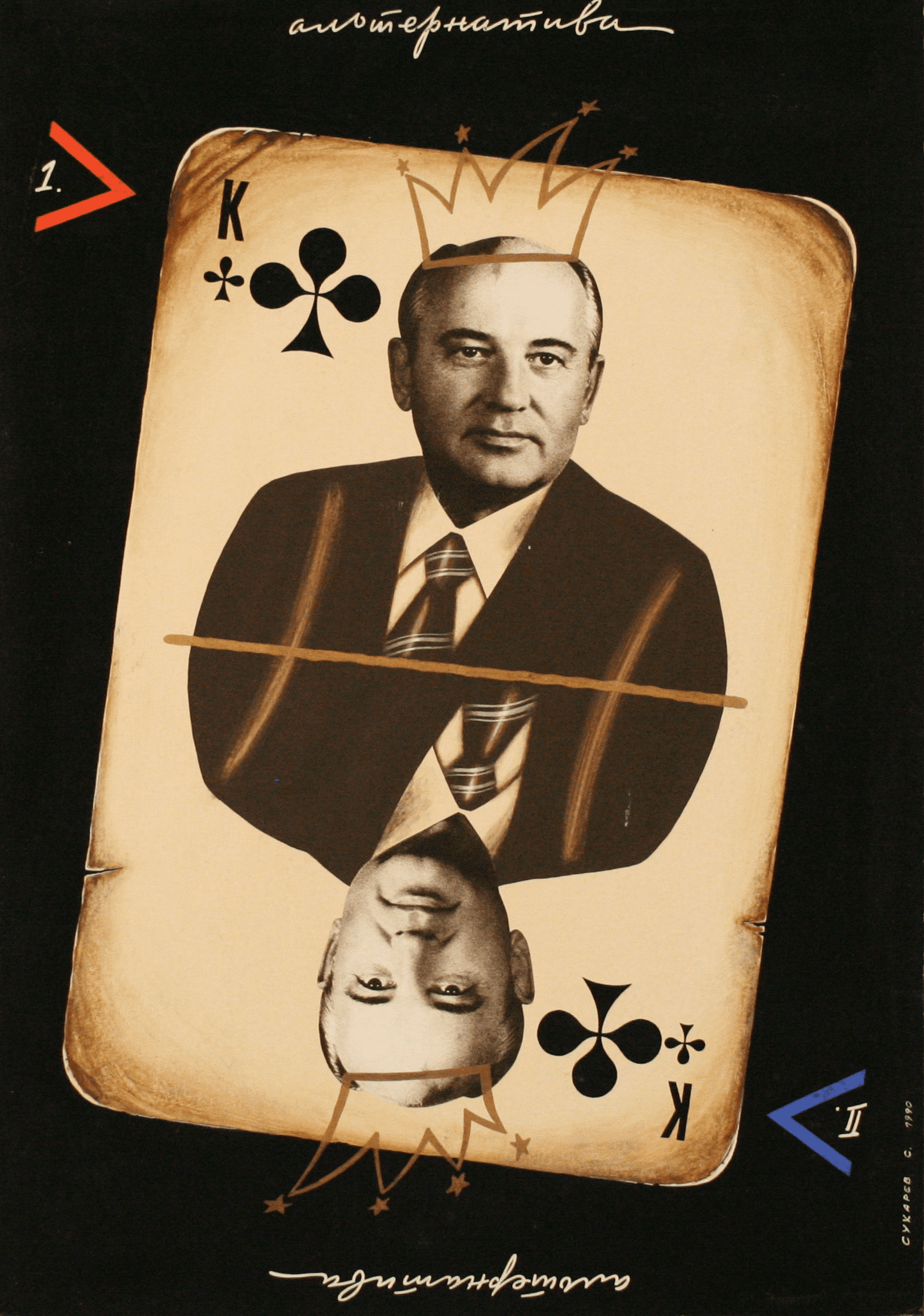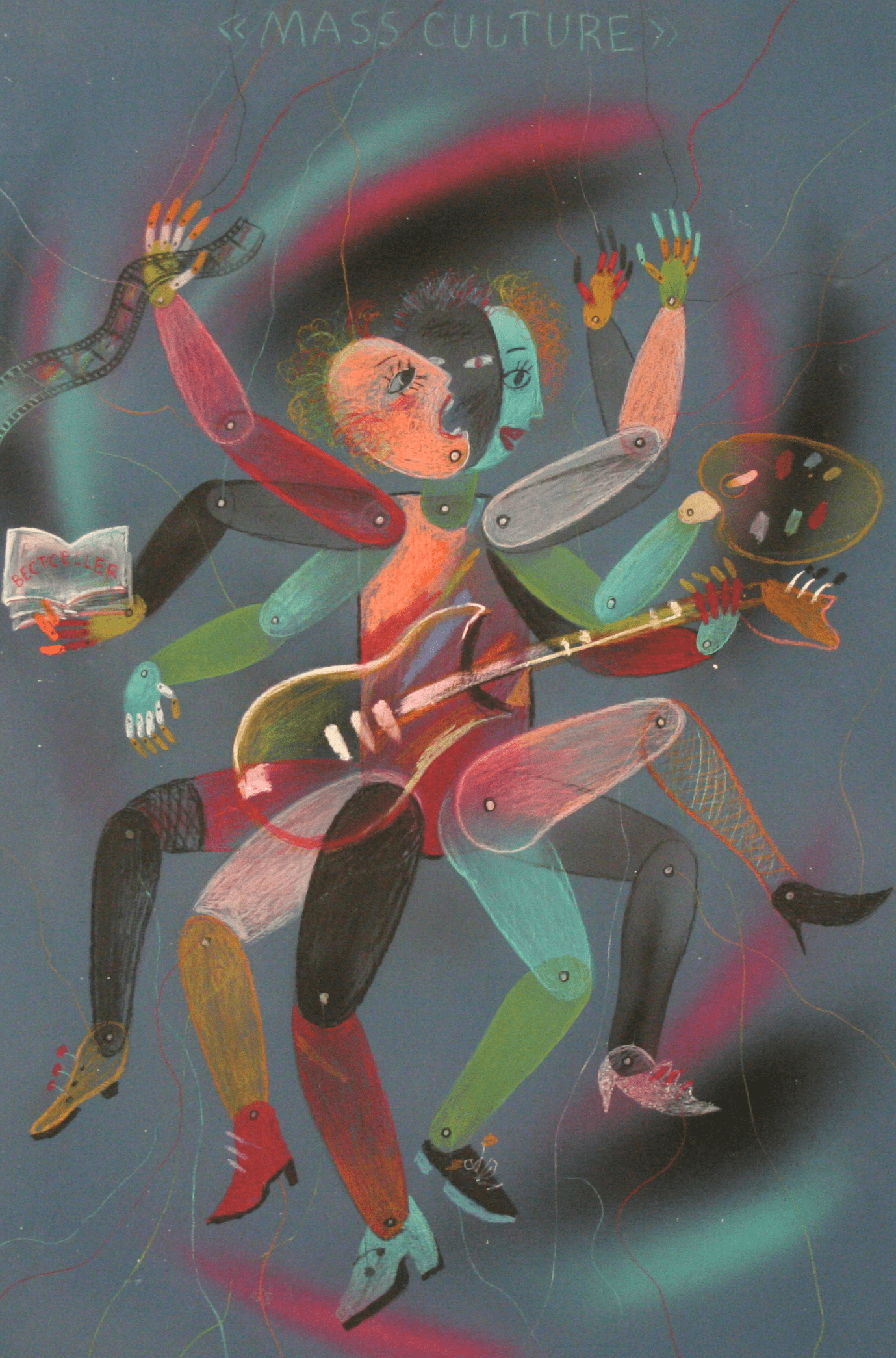
Maker: Gundula Schulze-Eldowy
Tamerlan
Date Made: 1979-1987
Country: German Democratic Republic
Measurements: 54.5 cm x 60 cm (21 7/16 in x 23 5/8 in)
Portfolio with 16 photographs of Elsbeth Koerdel (nicknamed "Tamerlan' by her husband) and her surroundings. Includes text about the series.
Accession Number: 2010.113.004
Item Name: Portfolio
Credit Line: Counter Culture
Collection/Series: The woman I photographed is named Elsbeth Kördel. Her husband called her Tamerlane. At first this name confused me because I associated it with an Asiatic despot who is remembered historically for his infamous acts of cruelty. She told me there was no connection. Her husband had heard the name in a popular song of the 1920s. Because he liked it, he christened her “Tamerlane.” I made her acquaintance in the spring of 1979 while on a walk in Prenzlauer Berg. She was sitting alone on a bench at Kollwitzplatz. It was noon on a weekday. Other than a few schoolchildren scrambling on a playground and a few retired persons walking their dogs, the usually lively square was comparatively quiet. I observed her from a distance and made a few shots using a telescopic lens. Considering her age, her appearance was somehow appealing. She noticed me right away, and to my surprise she reacted in a friendly way. She wasn’t bothered at all, and she waved me over. I approached her and took her picture at close range. She told me that her husband had been a photographer and that she often had to help him in his darkroom. While I was taking her picture, she talked continuously in a manner that I soon found very moving. Her intensity while speaking had a frightening effect on me, paralyzing me to the point that I couldn’t concentrate on taking pictures any more and had to stop. I sat down next to her and simply listened. I no longer remember every detail of the memories snatched from her life and told disjointedly. I often only half-way understood them. What impressed me the most was her manner, which was so convincing. Most of it was about the war, which had ruined her life. Her husband had been drafted right away in 1939. He survived but when he returned he was mentally disturbed. She said he was completely insane, imagining himself to be Jesus Christ. He died in 1953. During the war, Tamerlane had been pregnant twice. She had not wanted children at the time and had had abortions. She was fortunate. She was at the beginning of her thirties. Later, in 1948, she had her first and only child, her son Achim. He was her downfall. Tamerlane smothered him with all her pent-up love and spoiled him completely. She worked the night shift at the Post Office in order to spend her days with him. It became an infatuation. The older he got, the more his demands increased, which she fulfilled as best she could. Later he worked infrequently or not at all, living off her income. This continued unchanged even when she began to receive a pension. If she couldn’t give him what he wanted, he struck her. Over the course of time he disposed of her valuables and furnishings, deceiving her in every way possible, in order to get access to money. Rather than brutal, however, he was characterized more by helplessness and the inability to accomplish anything by himself. Toward Tamerlane he remained childishly dependent on her maternal support. She was equally helpless toward him. Although she was aware of her mistakes, she could no longer undo them.Tamerlane came from a family of West Prussian landowners. She was born on March 26, 1913. Her mother died giving birth to her, and she was raised by a nursemaid. Her worst childhood memory was of her grandfather’s murder, which she was forced to witness. This was in the aftermath of World War One. The land became Polish in 1923, and the family lost its property. Tamerlane was sent to Berlin in order to become a Catholic nun. The oppressive and strict atmosphere of the convent was at odds with her lively nature, and she left. After trying one thing and another, she worked for the Post Office. At the beginning of the 1930s, she met her husband. They did not marry until 1939 at the beginning of the Second World War, She lost contact with her family during the war and never saw them again. I had listened for three or four hours. It was late, and I wanted to say good-bye. She looked at me with an exp




